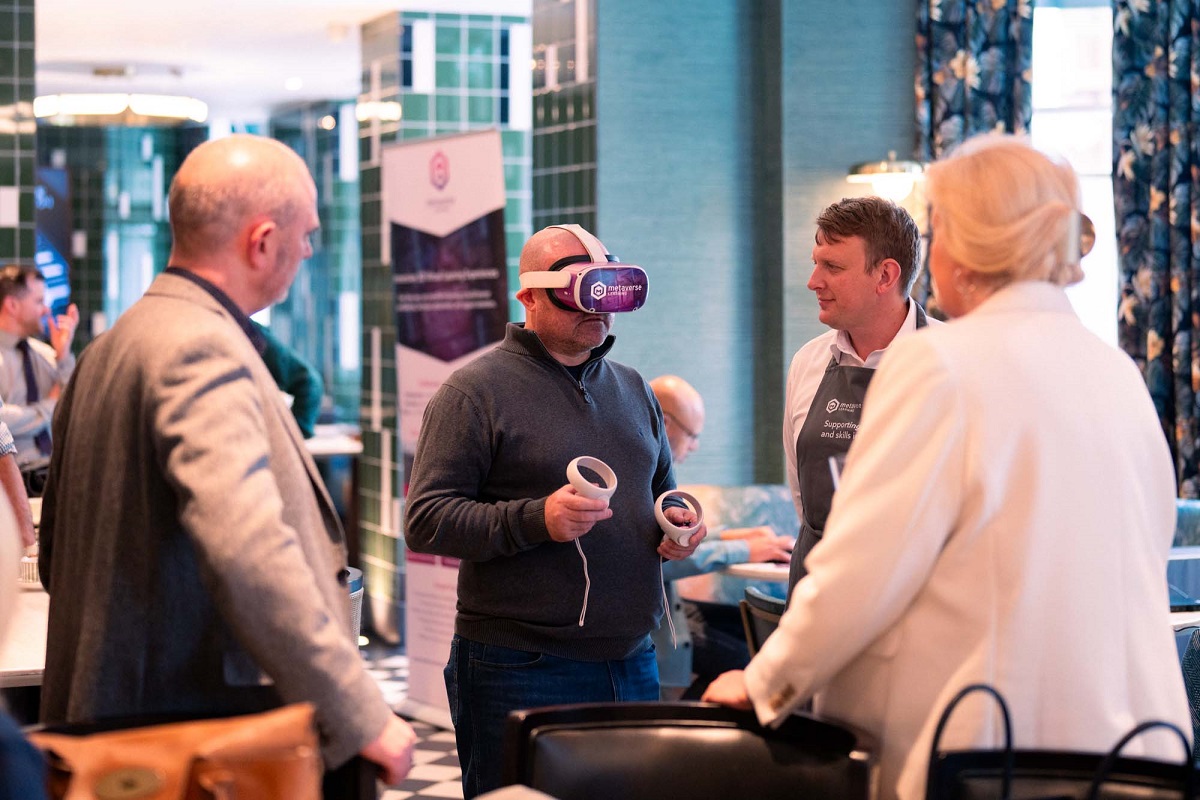New think tank report on the debate over VAT on private school fees

As the debate over private (‘independent’) schools in England continues to attract political attention, a new research paper from the education think tank EDSK finds that charging VAT on private school fees is likely to raise far less than the £1.6 billion a year cited in recent months. The paper also identifies a range of unintended consequences from adding VAT to school fees that could further undermine the supposed gains from this high-profile policy.
The research paper finds that the original calculations behind the £1.6 billion figure – which are already over a decade out of date – were badly flawed. For example, the calculations boosted the projected revenue from adding VAT to private school fees by mistakenly including over 50,000 pupils who were actually being educated in state-funded schools. The same projections also included adding VAT on fees for nursery-aged children in private schools, even though no political party supports charging VAT on childcare for 2- to 4-year-olds. In addition, the revenue projections simply added 20 per cent – the standard rate of VAT – to the fees of even the most expensive private schools, yet these are typically boarding schools and their accommodation (like all boarding accommodation) is exempt from VAT. What’s more, the calculations did not account for the fact that some pupils could be forced to quit private school if VAT was suddenly added to their fees, which would result in lower VAT revenues for the government as well as higher government spending on new state school places.
By correcting the flaws in the original calculations and also bringing their methodology up to date using 2022 data, the research paper finds that even under a ‘best case’ scenario (based on the Labour Party’s projection that five per cent of pupils would be forced to leave private schools), the addition of VAT to private school fees would only raise around £1 billion a year – £600 million less than is currently claimed. Under a ‘worst case’ scenario (in which 25 per cent of pupils leave private schools), adding VAT to school fees would essentially raise zero additional revenue.
The research paper also shows that forcing private schools to charge VAT on their fees may lead to several unintended consequences that could undermine a government’s likely future tax receipts. Some wealthier parents may choose to pay the school fees in advance – something that many private schools already permit – to try to avoid incurring VAT on them under a new government. Moreover, if private schools are forced to charge VAT on fees then they may become eligible to reclaim any VAT that the school incurred on recent large ‘capital’ (building or refurbishment) projects. For example, those private schools that have built new swimming pools, sports halls, music and drama studios, laboratories or lecture halls over the last decade could be in line for an unexpected tax windfall if a future government requires them to start charging VAT on fees.
This new research paper from EDSK forms part of a major project on the future of private schools, which is set to conclude in July 2023.
Tom Richmond, director of EDSK and author of the research paper, said:
“Claims of £1.6 billion a year being raised from adding VAT to private school fees look far too optimistic, particularly if any more than a small number of pupils end up leaving private schools and moving to the state sector instead. What’s more, changing VAT rules with the sole aim of targeting private schools could lead to many unintended consequences that result in a government raising much less money than intended.
“Adding VAT on fees is also likely to have the least impact on the most expensive private schools and the wealthiest parents. This could reduce the level of public support that any government can expect to gain from such a move.”











Responses